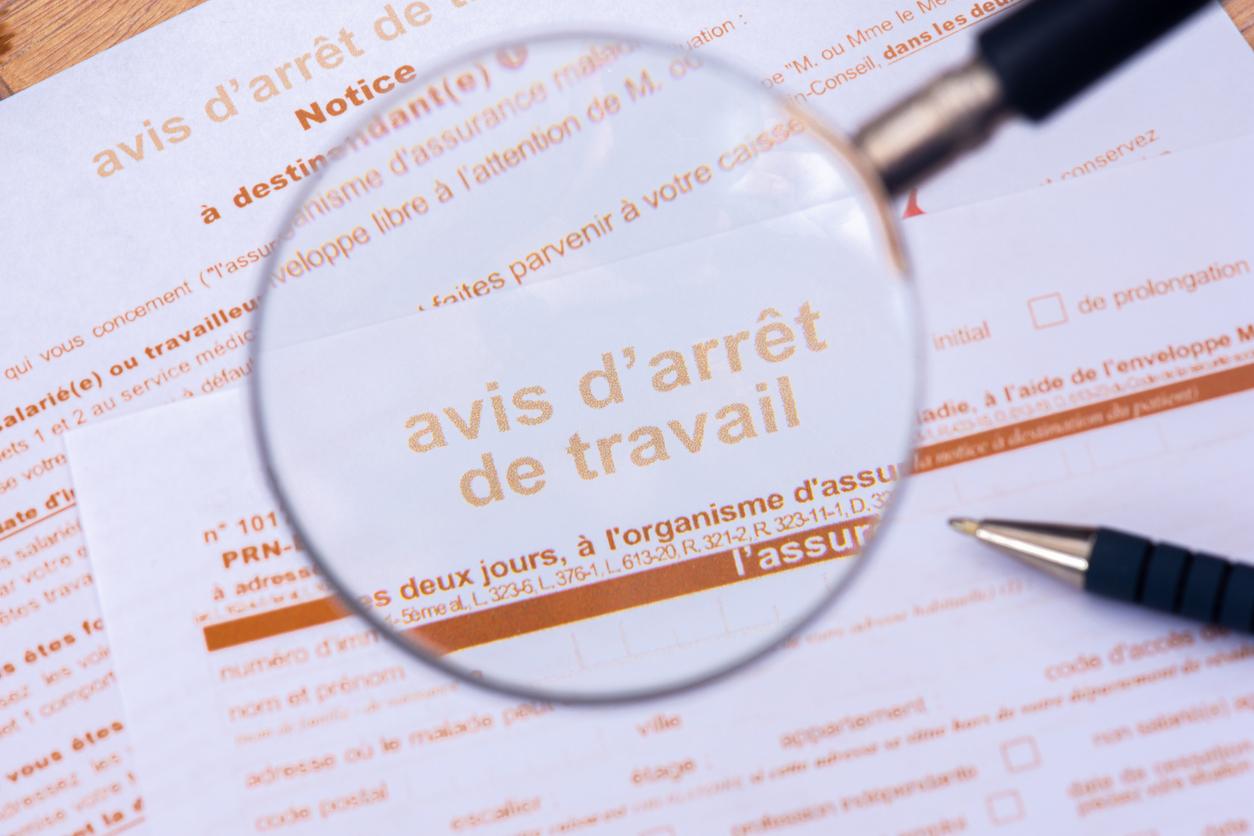While a survey shows that more than one in two French people would accept compulsory vaccination in companies, the question of the use of health information by employers is a subject of debate. In the United States, several associations are mobilizing against the attacks that the health crisis could have on respect for privacy.

- A survey carried out by a recruitment platform shows that the French would be in favor of compulsory anti-Covid vaccination in companies
- A survey carried out by a recruitment platform shows that the French would rather be in favor of compulsory anti-Covid vaccination in companies
- But paradoxically, 82% affirm that access to work should not be prohibited for non-vaccinated people
- The question of the intrusion of companies into the health of their employees is debated in the United States
A vaccination passport to be able to work… If the idea of a vaccination certificate against Covid-19 seems to be gaining ground for travel, even accessing cultural places, sports establishments or even going to a restaurant seems to be gaining ground path, will we one day have to present it to work? In a survey carried out by the Qapa recruitment platform among its registrants, more than one in two French people (52%) say they are in favor of compulsory vaccination in companies… even if 82% refuse the idea of banning access to their work for those who would not be vaccinated and that approximately the same proportion declare themselves “against” dismissal for refusal of vaccination.
This survey, beyond what it reveals on the progression of adherence to vaccination and also on the fear of the risk of contamination in the workplace, even on the wish of many to find “normal” conditions of their professional practice, raises in any case the problem of the relationship between companies and their employees on the health register.
Collection of health parameters
The health crisis, as revealed in an article published on February 22 by Agence France Presse, has seen a proliferation of applications and devices capable of collecting health parameters. The big meeting of the Consumer Electronics Show illustrated the inflation of innovations to limit the transmission of the virus. The digital giants had not waited: the specialist in connected objects Fibit (a property of the firm Google) has thus developed a program entitled “ready to work” which allows a daily analysis of the state of health via the data collected by its devices; IBM and Salesforce have teamed up to launch a “digital health pass” with vaccination or health status information that can be exchanged from a smartphone; Microsoft has developed an application with an American insurer that performs daily symptom screening; less intrusive but very focused on surveillance, a “remote assistant” deployed by Amazon “helps” the employees of the e-commerce giant to maintain safe distances…
So many tools that employers could use to monitor the state of health of their employees. And enough to worry all those who are committed to respecting the anonymity of health data and individual freedoms. “The intrusion into privacy faced by workers is alarming, especially since the effectiveness of these technologies in mitigating the spread of Covid-19 has not been established”, underlines thus a report published by the American consumer advocacy group Public Citizen.
A delicate balance between security and privacy
On the specific point of the anti-Covid vaccination, “employers are faced with a delicate balance to ensure workplace safety without invading privacy, notes Forest Briscoe, professor at Penn State University, if there has legitimate reasons for requiring proof of vaccination, they sometimes conflict with regulations concerning medical secrecy which limit a company’s access to the health data of its employees”. And this expert to point out that “for some of the technology companies, their business model involves the collection of data and their use for monetizable purposes, which represents a risk for privacy”.
Concerns shared by the ACLU, an association for the defense of civil rights in the United States. “Employers have a legitimate interest in protecting workplaces and keeping employees healthy in the context of the pandemic. But what concerns me is that some are using this pandemic to collect and store information at beyond what is necessary”, affirms one of his analysts, Jay Stranley.
.














